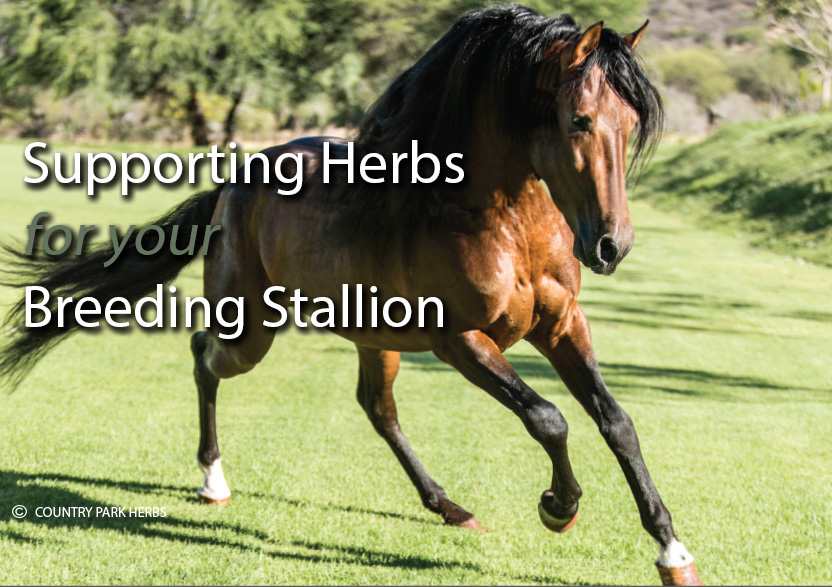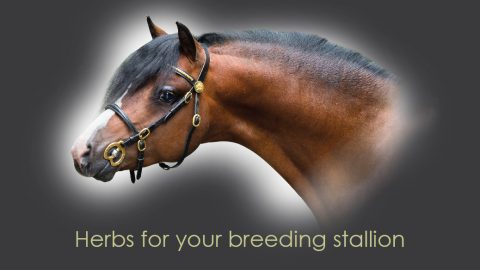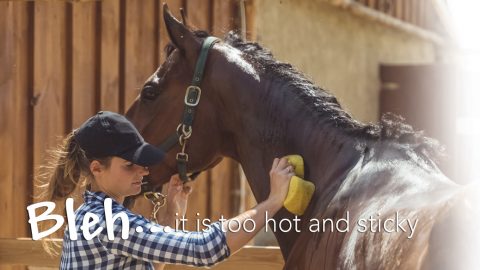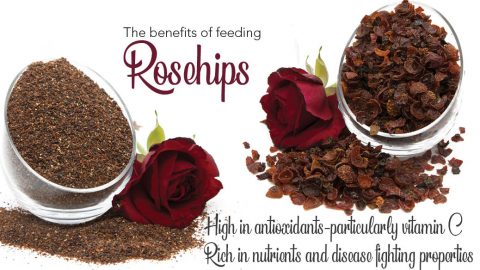A holistic approach using nutritional and herbal intervention, pain can be managed and the progression of joint deterioration slowed
Often horse owners question the safety of non-steroidal anti-inflammatory drugs (NSAIDs) when they want to support a horse with joint issues. They are effective pain-killers and for short term acute issues often the best way to control pain quickly. However, long term use often causes stomach upsets and ulcers, as well as liver and kidney impairment. NSAIDs do not address the degeneration of bone and cartilage tissue.
Herbalists would prescribe the anti-inflammatory herbs including turmeric, ginger, frankincense, celery seed and devil’s claw in the same situations NSAIDs would be used, specifically for joint pain or use herbs in combination with joint supplements.
With a holistic approach using nutritional and herbal intervention, pain can be managed and the progression of joint deterioration slowed, depending on each individual horse.
This doesn’t mean throwing every possible ‘joint’ support product you Google into your horse’s feed. Doing this doesn’t mean better results. Often it can be detrimental to give your horse too many minerals which cannot be utilised or effectively eliminated.
Just like humans, being overweight is a risk factor a horse owner can address, simply carrying excess weight can place a burden on the weight bearing joints and accelerate the wear on cartilaginous material in the joint.
One simple supplement is glucosamine as it can help regenerate cartilage, it won’t miraculously give you a brand new joint but it can help with slowing age-related degeneration. For the scientifically minded: In vitro studies have suggested glucosamine exerts its beneficial effects by influencing cartilage metabolism, increasing type II collagen and proteoglycan synthesis in the joint, reducing inflammatory mediators and improving the state of the extracellular cartilage matrix, thus influencing disease progression as well as symptom management.
If you have given glucosamine for six months and not noticed any relief, cease using as it is not the supplement for your horse.
MSM (methylsulfonylmethane) has been promoted as a treatment for arthritic conditions and one which many horse owners use long term to support their horse’s joints. There have been some studies in mice predisposed to diabetes showing an increased rate of incidence, and because of this it would be wise to avoid with horses who show signs of Cushings. However, where appropriate, anecdotal reports cannot be ignored if you have tried other supplements and overall your horse’s joints are ageing while otherwise in good health.
Two herbs that are included in Country Park’s Retirement Blend, frankincense and celery seed are effective with inflammatory joint conditions and enhanced in combination with the gentle pain relief herbs in the blend.
Frankincense has shown significant improvement in joint pain, swelling and morning stiffness. One key action of the key constituent boswellic acid, decreases production of proinflammatory cytokines and used to reduce the pain associated with joint inflammation. It has a powerful role in preventing build-up of the pro-inflammatory metabolites that cause pain. The bonus with frankincense is reference books at this moment do not list any adverse effects.
Celery seed is a diuretic and eliminates through the kidneys acidic metabolites that can be associated with inflamed joints. Some studies have shown improvement from joint discomfort within three weeks. Use this as a general guide, if celery seed is going to assist your horse you should expect to see a change in comfort levels begin within three weeks.
Retirement Blend includes herbs that contain salicylic acid so could test positive as prohibited in competition. Joint Armour can be used by competition horses, the main constituent New Zealand Green-Lipped Mussel Powder is known to assist with the support of joint health in horses, and may help to “lubricate” and allay the symptoms of sore and stiff joints. It works by supplying the body with the necessary building blocks to aid in the nutrition of cartilage, synovial fluid and connective tissue.
You won’t need all of these supplements, or there may be other herbs that support your horse better. Keep your selected supplements simple, the Retirement Blend and Joint Armour is often enough to support most general joint issues over the Summer months, and as you get to see how your horse responds you can then determine if other herbs could be added or substituted for different seasons or if another supplement will suit your horse’s needs. Keeping it simple makes it easier to identify if your supplementation is of assistance.
Just remember with chronic degenerative disease of the joints any management should be considered as a long-term proposition. The more severe the inflammation and joint degeneration, the longer it will take to see a benefit.







